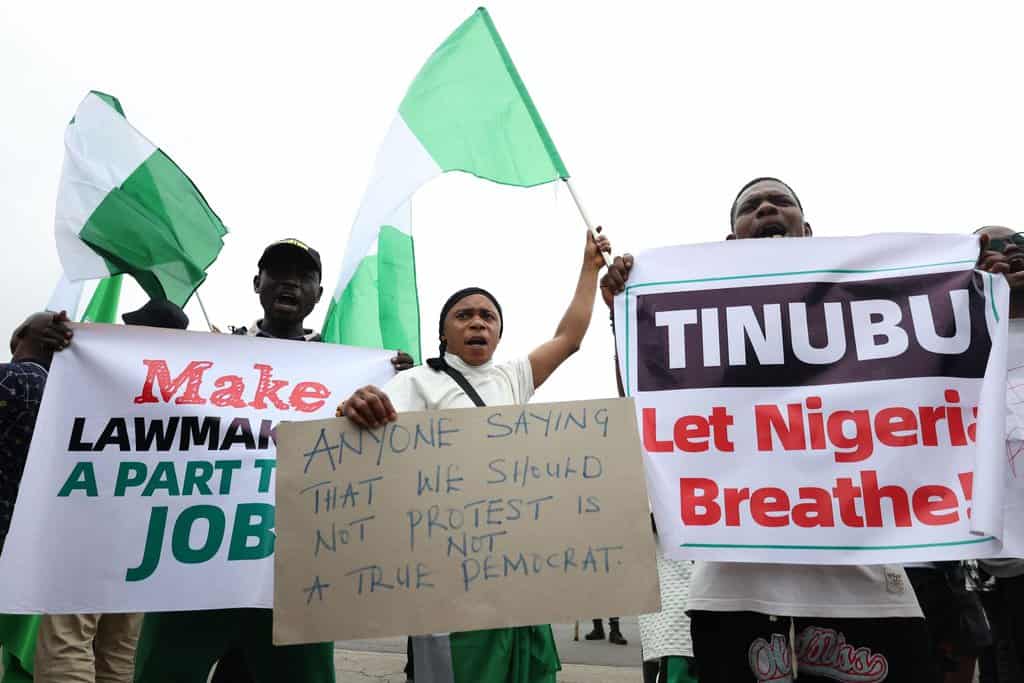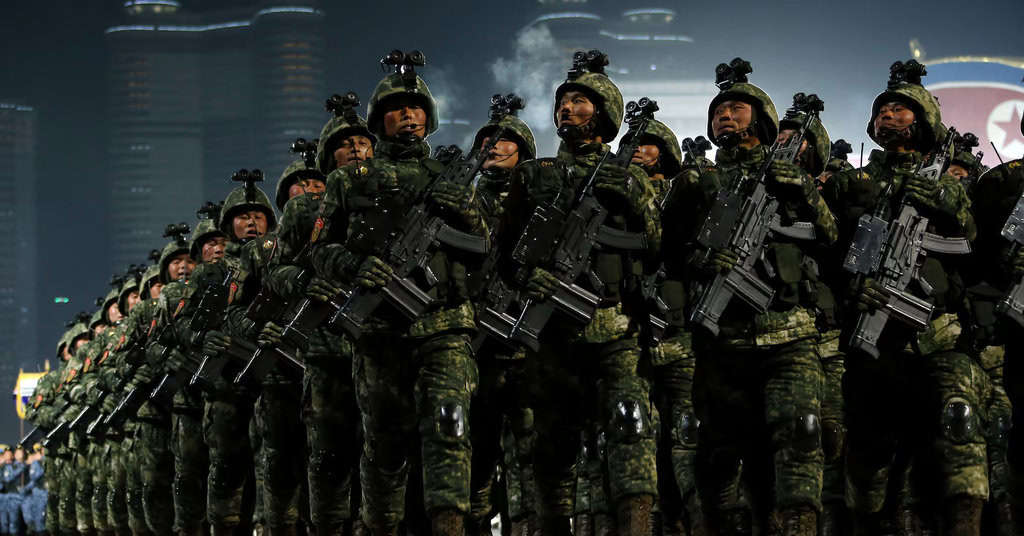At least three protesters were killed in Nigeria’s Kaduna state on Thursday as demonstrations erupted across the country, addressing increasing living costs and dissatisfaction with governance.
Nationwide Protests Sparked by Economic Hardships
Protests erupted throughout Nigeria, with citizens in major cities like Abuja, Lagos, and Maiduguri expressing their frustration over economic reforms that have exacerbated inflation and hardship. These demonstrations were fueled by rising costs of living and perceived governmental inefficiency.
Kaduna state police spokesperson Mansur Hassan reported that the police used tear gas to disperse protesters rather than live ammunition. Similar actions were taken in Abuja, where police aimed to break up crowds with tear gas.
President Tinubu’s Economic Reforms Under Scrutiny
President Bola Tinubu’s administration faces growing discontent as economic reforms have led to rampant inflation. Despite the unrest, President Tinubu remains committed to these changes, arguing that they are essential for Nigeria’s financial stability.
In Lagos, armed police monitored protesters as they marched towards the government house and other authorized protest locations. The heavy police presence led to the closure of some shopping malls in the city.
Inspired by Kenya, Nigerians Demand Policy Revisions
Nigerians have taken inspiration from June’s protests in Kenya, which successfully pressured the Kenyan government to halt proposed tax hikes. Nigerian protesters are now mobilizing online, demanding the reinstatement of subsidies for petrol and electricity, free primary and secondary education, and improved security measures.
In Abuja, the military set up roadblocks on major highways to control the influx of protesters, while some gathered at a local stadium to voice their concerns. In Maiduguri, a city heavily impacted by militant insurgencies, youths bravely protested under a heavy security presence, highlighting their grievances with the government’s policies.
The ongoing protests across Nigeria underscore a widespread dissatisfaction with the current economic conditions and governance. As the situation develops, the government’s response will be crucial in addressing the citizens’ demands and stabilizing the nation’s socio-economic landscape.





